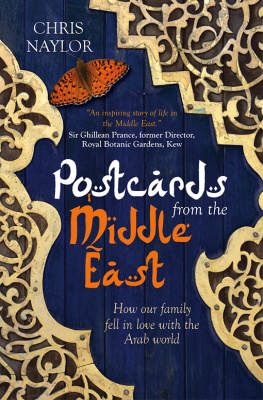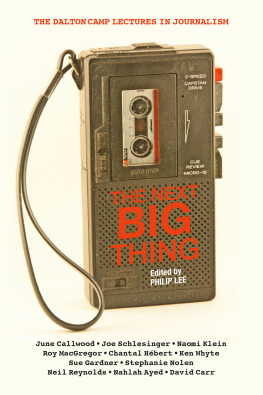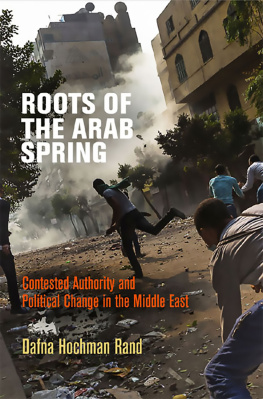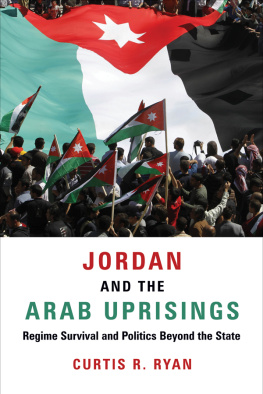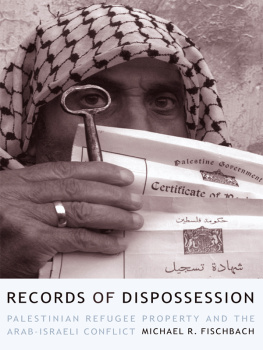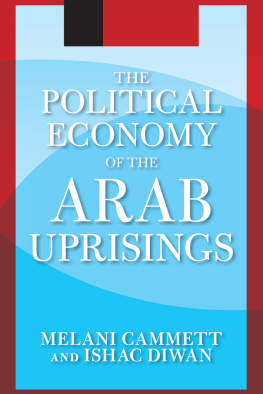A Thousand Farewells

ONE
My Fathers Camera

The beautiful swore he wouldnt be perfect.
ARAB PROVERB
As a child, I knew nothing of refugeehood and displacement; of grimy UN tents, kerosene lamps, and powdered milk; of children who for years refused to go to sleep without a loaf of bread in their clutches. Instead, I knew swaths of wide boulevards, blankets of green grass, and the warmth of central heating. I knew twenty-four-hour electricity and drinkable water that flowed from a tap. I knew bread could be had at Safeway.
I was born in Canada, in a modern hospital, into the hands of a qualified doctor. I lived in a modest but comfortable duplex on the corner of a quiet street in St-Boniface, then a suburb of Winnipeg. My earliest memories include a swing in front of the house on Archibald Street, a sandbox on the side, and a brand new bicycle to ride on the sidewalk around it. We went to a French school, regularly ate WigWags and Popsicles, sang Christmas carols, and did the Irish jig at school concerts.
Thats what life looked like in 1975, when I was about five; thats how life was supposed to continue, eternally. In the snapshots of that life, captured by my dads Kodak camera, my mothera curvy woman who took care with her looksfigures prominently, flaunting her hair and full lips. She was a brilliant mother and homemaker. Forever she was supposed to pose flawlessly in fashionable outfits, hair and face perfectly made up, along with one or a few of the four of us kids, and often with pride of place given to a tremendous birthday cake she had made and decorated herself. Dad, dashing too, makes cameo appearances in our festive pictures. The hard-working provider is nearly always in a short-sleeved dress shirt, often with pens in his shirt pocket, just in case. In that world of mine at five years old, Dad was always going to be the busy, smiling assistant manager of a Chicken Delight restaurant.
In those years, life for us kids was about being well behaved. It was about sitting up straight, legs together, hands on laps. It was about keeping clothes clean, about speaking only when spoken to and playing only when given permission. That life was methodically chronicled by Dads Kodak cameraalways tucked in its hard brown leather case, but always at the ready for those spontaneous shots of grinning kids. Say cheese! Click.
At first it was just me and my sister, Ayeda, only a year apart, who smiled into its lens. Though Ayeda was older, she and I were often mistaken for twins, undoubtedly because Mom insisted on dressing us in matching outfits that she created out of her imagination, designing and sewing them herself. But we looked nothing alike if you inspected us closely: my sister was born nearly bald, while I was born with a substantial tuft of dark hair. Her eyes were almond-shaped, and mine were round. I had pudgy cheeks and paler skin. She had an elegant nose and her skin had a beautiful olive hue. What we did have in common was our birth month, April, which we also shared with our mother and father. We couldnt wait for April. It was full of birthdays and cake and more pictures.
My first brother, Ayed, arrived one March and made his debut in our photo albums. Shortly thereafter, my parents made him sit up and the three of us posed together. It was just the three of us for some years, until our second brother was born, much later.
Abdullah inherited recessive genes and turned out blond and blue-eyed. His hair was so fine and golden my mother cut a ringlet of it and put it away as a keepsake. But then you dont see much of him in our family pictures after he was a toddlerwhen our lives had dramatically changed, and taking pictures had become a luxury.
Before all that, life was about having the Jolicoeurs as neighbours and waif-like Jeanette as my best friend. It was about singing French childrens rhymes with Jeanette and recording them on tape (which still exists somewhere in my mothers vast collection of lifes artefacts). It was about snowy, cozy winters and brilliantly wide prairie summer mornings.
It was also about excelling at schoolit was always about excelling at school, even if school was only kindergarten. It was also about after-school lessons, written neatly on a chalkboard hung on the back of the basement door.
Funny alphabet. Stubbornly curling in the wrong direction, defying what we learned at school. The teachermy mother lectured with an apron on, in between her chores in the small white kitchen. She tried to persuade the skeptics before her that their lives depended on learning this language. She was determined: Aleph, Baa, Taa again. And again. Until we knew the whole Arabic alphabet by heart.
We were blithely unaware of who and what we were, and what our gentle parents had gone through when they were children. We didnt know we were different. Our names were the only giveaway, but few kids of five and six and seven knew enough yet to pick us out of the annual class picture. That would come later.
In that world, it was perfectly natural to us that at home we were spoken to mostly in Arabic and answered in English, and at school we spoke French. Little in our home gave away our heritage, save for the sheen of faintly olive skin and the blazing red hatta better known as a kaffiyehthat my first brother would wear only for the Kodak pictures. Lebanons Fairouz, one of the Middle Easts most revered singers, crooned from Moms tape player on many afternoonsas did Egyptian singers Mohammed Abd al-Wahab, Abdel Halim Hafez, and Oum Kolthoum, lamenting lost lovers, lost lands, happier times. But so did Tom Jones and, repeatedly,
B. J. Thomas, many years after Raindrops Keep Fallin on My Head was number one on the Billboard Hot 100.
We did, however, know that we had a home away from home. We had been there on a visit, in 1973, though none of us kids remembered it. The Kodak pictures, cleverly noting the date, created the memory: all of us in Amman and Kuwait with people we knew we were supposed to love, although we didnt know why. People like my grandmother and my uncle and my aunts on my mothers side. People to whom my mother wrote letters and sent pictures, and occasionally strained to hear over the phone. They existed, but only on the margins of our capacious imaginations.
In those Winnipeg days, Eid was a memorable occasion, but so were Christmas and Easter. But we had no church or mosque services to attend, no weddings to which to bring gifts. In Canada, our little family existed alone, a tiny island that had broken off from the mainland and moored far away. We had no relatives to have over for coffee and gossip, no nosy second cousins to hide from. There were, of course, the handful of Arab families with whom my parents occasionally socialized, people who embodied that invisible line dividing the Jolicoeurs and usthe same line that separated me from pigtailed Andrea, my best friend at kindergarten. One of those family friends was Uncle Bassam, whose oud playing would occasionally transport us to the world from which we hailed. No one was named Andrea or Jeanette there; they were called Fatima and Aysha and Souad. The solemn conversations the adults had during such visits left us perplexed. But soon we would be beckoned by their children and their unfamiliar toys, and drawn back to a place where there were no lines: the secret and mesmer-izing world of children.
Those were the best years.

They were good years for my parents too. But complicated.
They immigrated to Canada in 1966, having given up on a life they started together in Germany because they felt unwelcome there. Both were Palestinian, both had lived as refugees, and both were anomalies in a Western environment then. Canada promised a more comfortable existence, and Hassan and Nariman arrived and soon acquired citizenship. Winnipeg still wasnt exactly the most hospitable place for Arab immigrants either: it was frighten-ingly cold, and devoid of anything even remotely familiarnever mind other Arabs. When one day they heard a man swearing in their mother tongue on the street, they latched on to him for dear life, and he became one of their closest friends.
Next page


